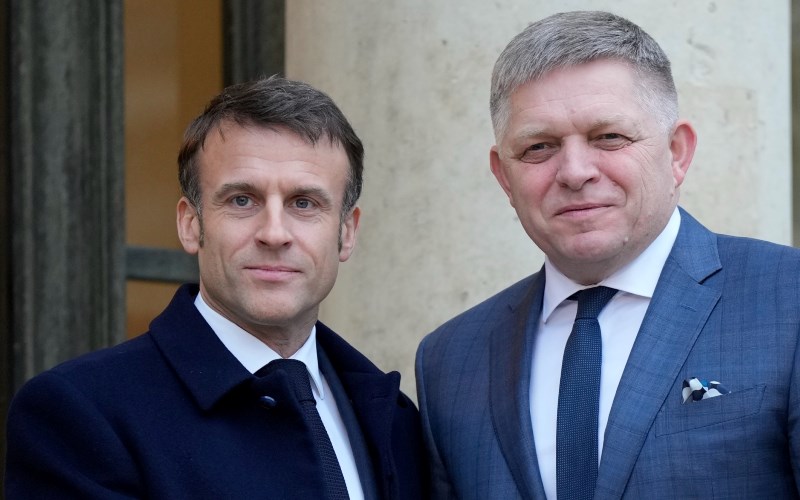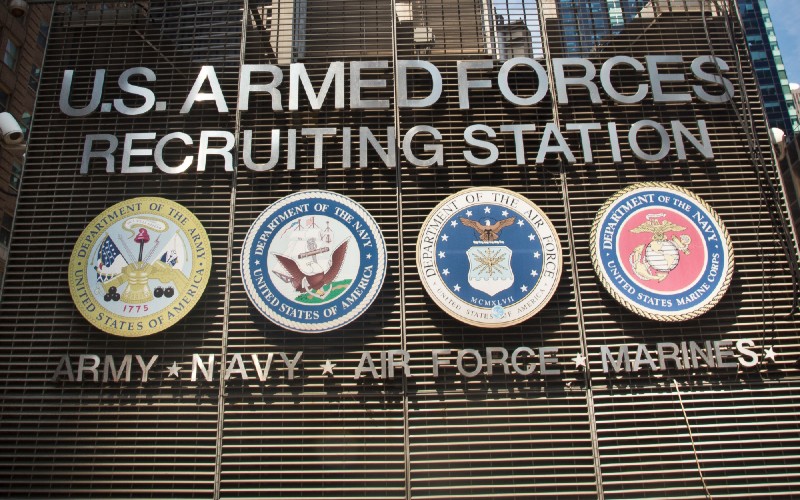That alarming topic was confirmed by several European leaders, including French President Emmanuel Macron who said sending troops could not be ruled out.
Robert Fico, the prime minister of Slovakia, called it dangerous to consider a non-NATO coalition that would escalate the war and involve all of NATO if war breaks out.
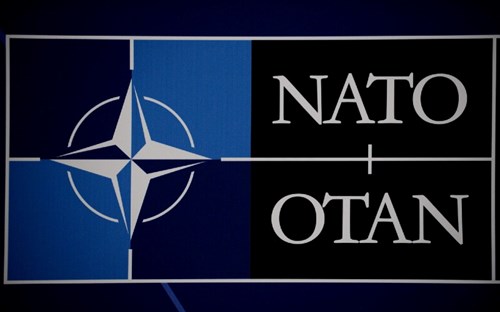 According to press reports, Fico’s comments came before the Feb. 26 meeting had even begun. As he was preparing to depart Slovakia and travel to Paris, Fico told reporters a “restricted document” at the conference includes discussion of sending NATO troops to Ukraine. That topic, he said, “sends shivers down your spine.”
According to press reports, Fico’s comments came before the Feb. 26 meeting had even begun. As he was preparing to depart Slovakia and travel to Paris, Fico told reporters a “restricted document” at the conference includes discussion of sending NATO troops to Ukraine. That topic, he said, “sends shivers down your spine.”
Military analyst Bob Maginnis, a retired U.S. Army officer, tells AFN that revelation was “very disconcerting” to hear because of NATO’s partnership.
“And under Article 5, if they get involved in a war, then by association we are involved in a war,” he points out. “And that would suggest, perhaps, that we would have to send troops, and so I'm very concerned about what I read."
The Ukraine-Russia war, which hit a two-year mark Feb. 24, comes after Ukraine attempted a summer counter-offensive that failed. Russian troops are now slowly pushing Ukraine back and gaining ground, while Ukraine's military is running out of ammunition.
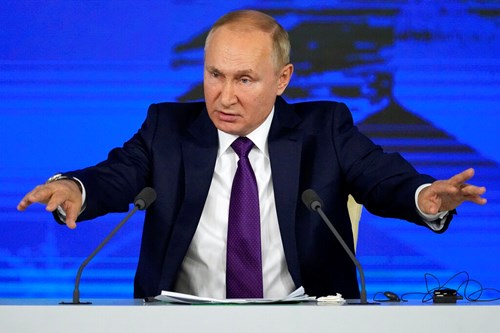 The discussion of NATO troops came days before Russia’s president, Vladimir Putin, was set to deliver an annual national address Thursday. In that speech, he pointed out Western nations are discussing a “NATO contingent” in Ukraine. He also warned that doing so raises the threat of a “nuclear conflict” that would end civilization.
The discussion of NATO troops came days before Russia’s president, Vladimir Putin, was set to deliver an annual national address Thursday. In that speech, he pointed out Western nations are discussing a “NATO contingent” in Ukraine. He also warned that doing so raises the threat of a “nuclear conflict” that would end civilization.
"Don't they understand it?" Putin asked during his address. "Those people haven't been through any tough challenges and they have forgotten what war means."
France introduced topic of NATO troops
Numerous news stories have now confirmed putting NATO troops on Ukraine soil was discussed at the Paris meeting, where the more immediate topic was helping Ukraine replenish its dwindling stock of ammunition.
Fico’s public comments were quickly picked up by media outlets in Europe and the U.S., which put pressure on other countries to confirm or disavow leaders support deploying NATO troops.
“The Czech Republic certainly is not preparing to send any soldiers to Ukraine,” Petr Fiala, that country’s prime minister, told reporters Monday. “Nobody has to worry about that."
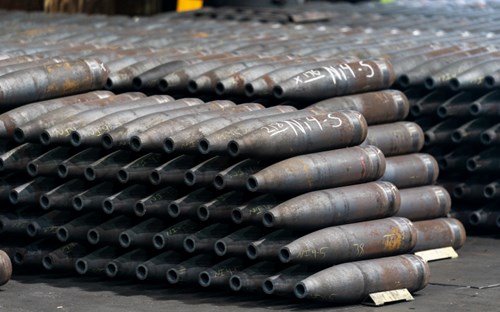 A day later, on Tuesday, a story by The Associated Press quoted leaders from Germany and Poland stating they are not sending troops to Ukraine. Olaf Scholz, Germany’s chancellor, said the Paris participants had agreed “there will be no ground troops, no soldiers on Ukrainian soil” who are sent by EU states or NATO members.
A day later, on Tuesday, a story by The Associated Press quoted leaders from Germany and Poland stating they are not sending troops to Ukraine. Olaf Scholz, Germany’s chancellor, said the Paris participants had agreed “there will be no ground troops, no soldiers on Ukrainian soil” who are sent by EU states or NATO members.
Those comments have conflicted with France this week, however, beginning with Macron. There is no “consensus” among the EU states on sending in ground troops, he said Monday, but “nothing can be ruled out.”
France seemed to go even farther. Sebastien Lecornu, the French defense minister, told reporters Tuesday the EU leaders had discussed using NATO troops to carry out demining and military training in Ukraine. Both of those missions would take place far from the front lines, he said.
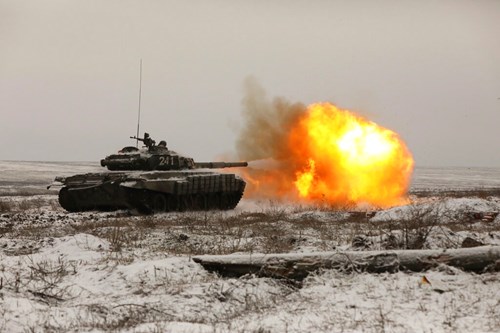 One day later, on Feb. 28, French Foreign Minister Stephane Sejourne told French media NATO troops could be involved in demining, cyber operations, and weapons production on Ukrainian territory.
One day later, on Feb. 28, French Foreign Minister Stephane Sejourne told French media NATO troops could be involved in demining, cyber operations, and weapons production on Ukrainian territory.
“In the face of Russian attacks and the destabilization of Europe,” he said, “we must consider new actions in support of Ukraine.”
It is unclear how NATO troops would clear minefields in Ukraine that are not located in a war zone, but that topic was also mentioned at a NATO meeting held two weeks ago at NATO headquarters in Brussels.
"Twenty NATO allies have also agreed to form a demining coalition. All of this will help to save Ukrainian lives,” Jens Stoltenberg, the NATO Secretary general, told the gathering, according to an official U.S. Department of Defense article.


